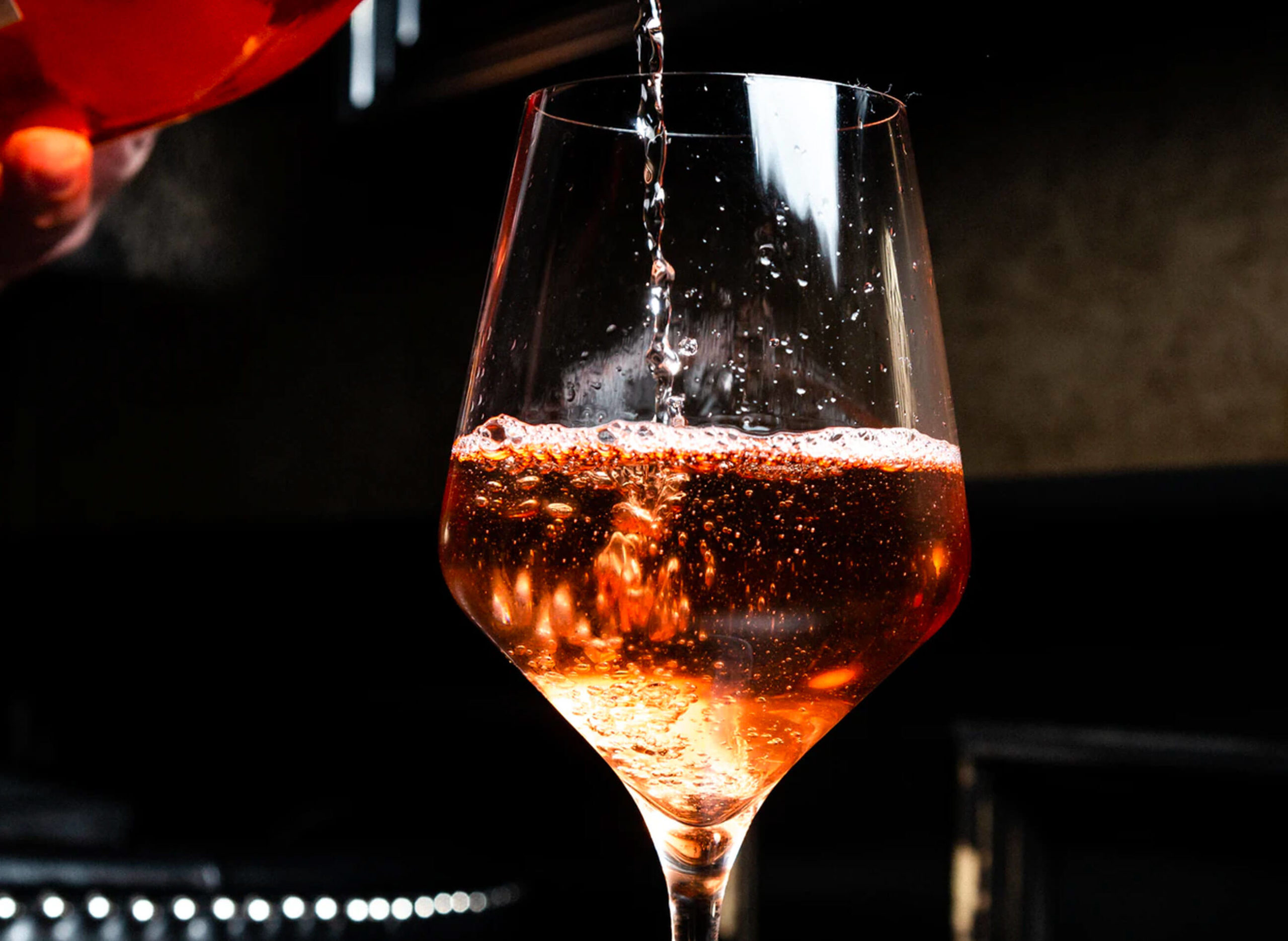Winery Musings
Understanding the Aging Process of Wine
When it comes to wine, aging is often seen as the hallmark of quality and sophistication. But what exactly happens during the aging process, and why do some wines improve with time while others are best enjoyed young? Understanding the nuances of wine aging can enhance your appreciation and help you make more informed choices about the wines you enjoy.
The Role of Tannins and Acidity
Wines that age well typically contain higher levels of tannins and acidity. Tannins, found in grape skins, seeds, and stems, act as natural preservatives. Over time, they soften and mellow, transforming a wine’s flavour profile. Similarly, a high level of acidity provides the backbone needed for a wine to age gracefully. As acidity diminishes with age, it helps create a more balanced and rounded taste.
Oxygen’s Influence on Wine
Oxygen exposure during the aging process can lead to significant changes in a wine’s character. When small amounts of oxygen enter a wine bottle through the cork, it allows the wine to mature, leading to more complex flavours and aromas. However, too much oxygen can spoil the wine, which is why proper storage conditions—such as cool, dark environments—are crucial for maintaining quality.
Bottle Aging vs. Barrel Aging
It’s important to note that wines can age in both barrels and bottles. Barrel aging, often in oak, contributes to the wine’s initial development, adding elements like vanilla, spice, and smoky flavours. Bottle aging, on the other hand, focuses on refinement. With time, the wine’s various components—fruits, tannins, acids—integrate to create a more harmonious and intricate experience.
Not All Wines Are Made to Age
It’s essential to understand that not all wines benefit from aging. Many modern wines are crafted to be enjoyed within a few years of production, offering bright, fresh flavours that don’t require the complexities of long-term aging. However, certain premium red wines, fortified wines, and some whites, such as Chardonnay and Riesling, have the potential to improve with age if stored correctly.
How Long Should You Age Wine?
The aging potential of a wine depends on various factors including grape variety, region, and winemaking techniques. While some wines can age for decades, others may only benefit from a few years. As a general rule, fine red wines like Cabernet Sauvignon, Syrah, and Nebbiolo can age for up to 20 years, while many whites peak within 5 to 10 years.
Conclusion: Patience Pays Off
Aging wine is an art that requires patience and knowledge. Whether you’re a casual drinker or a dedicated enthusiast, understanding the aging process can enhance your experience and help you savour each bottle to its full potential. At Running Horse Wines, we take pride in crafting wines that can stand the test of time, offering an evolving journey of taste that only improves with age.
Cheers to discovering the beauty of aged wine!


